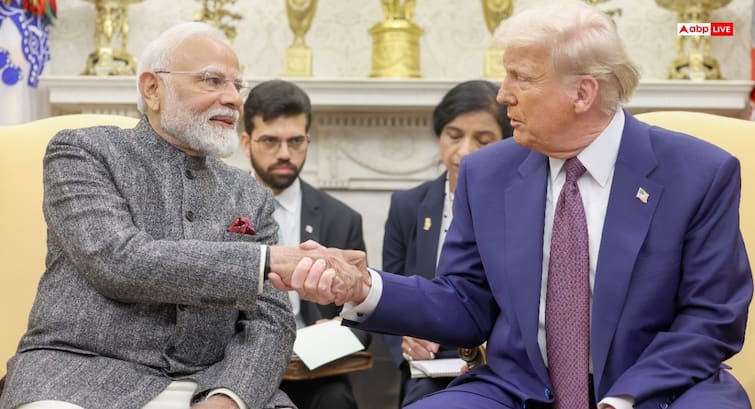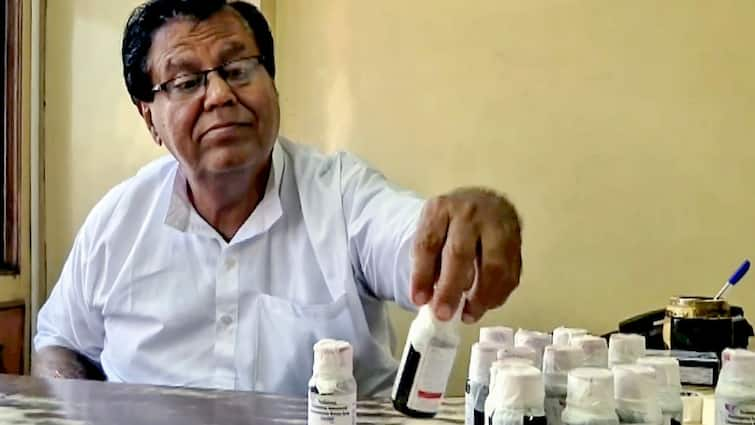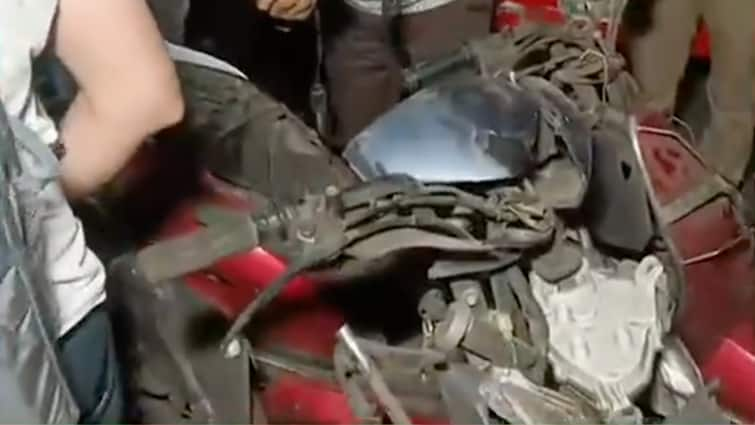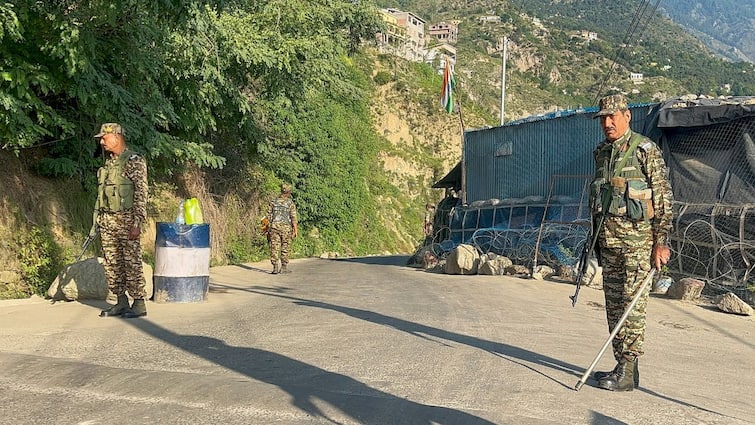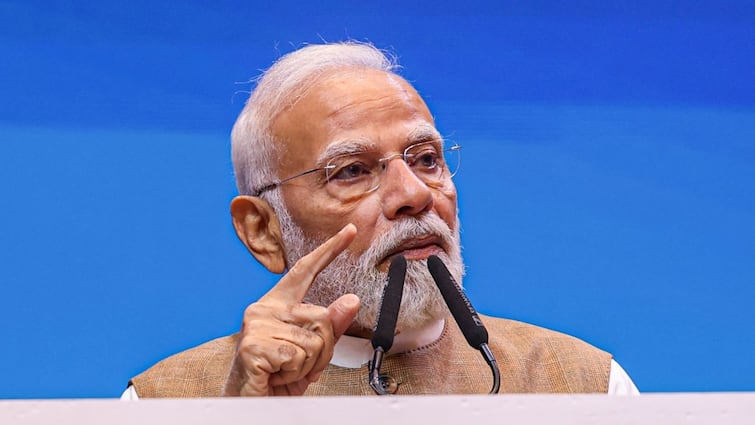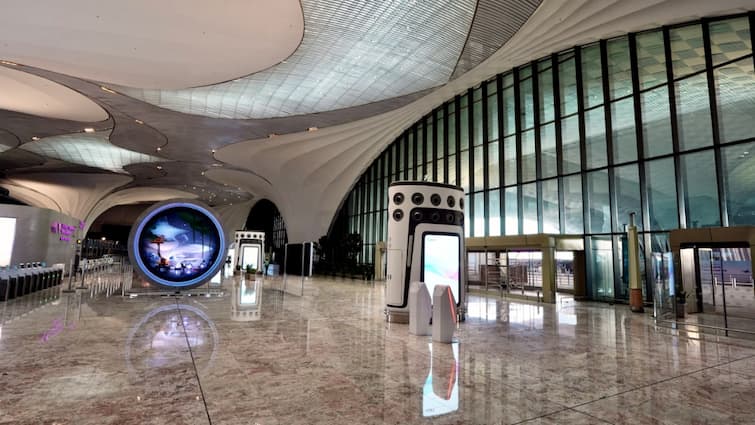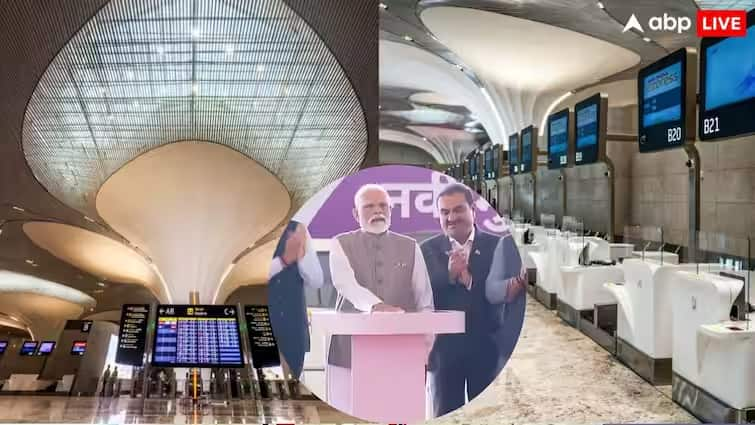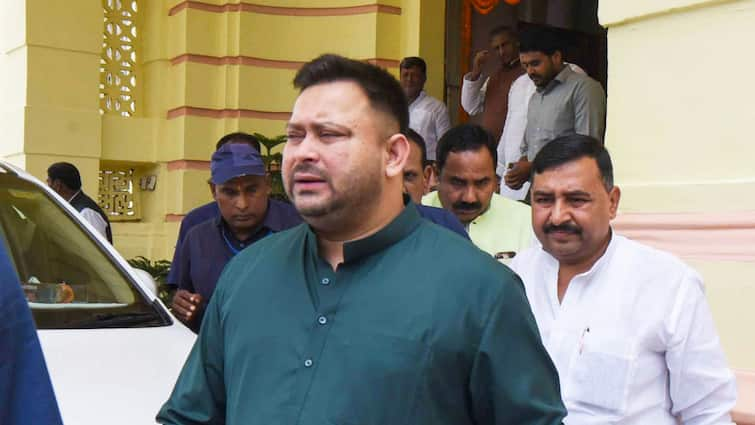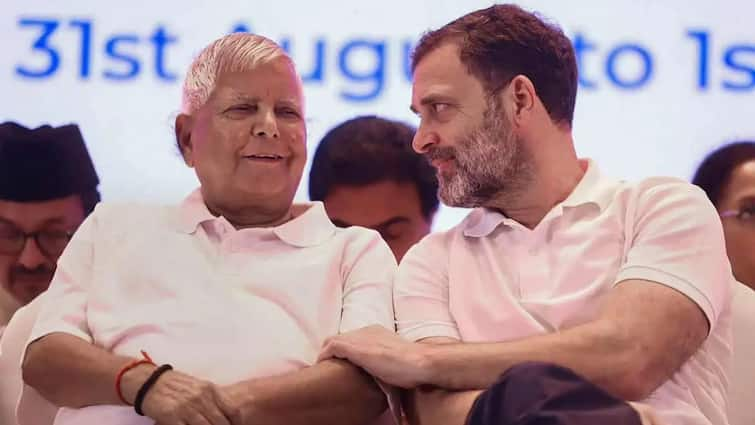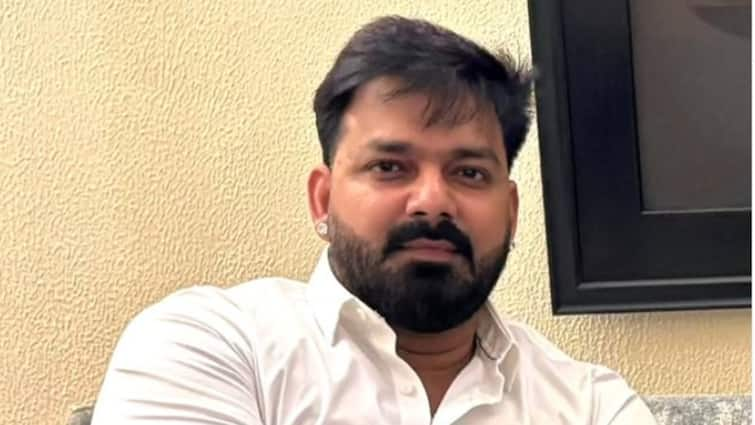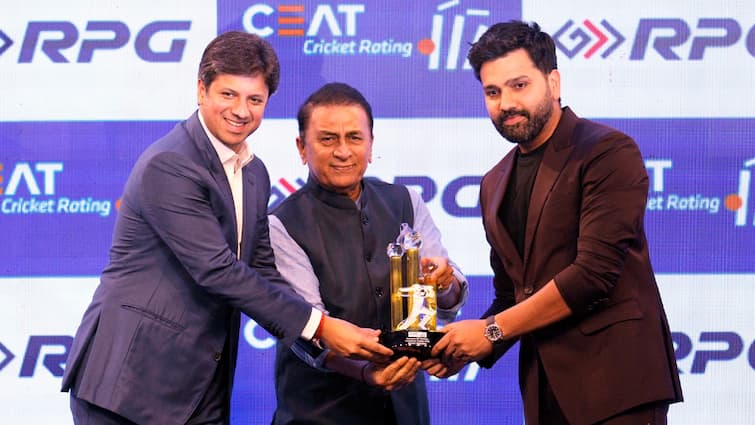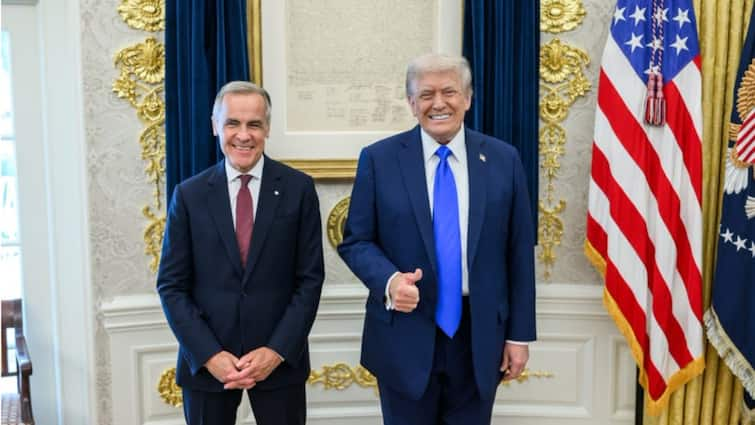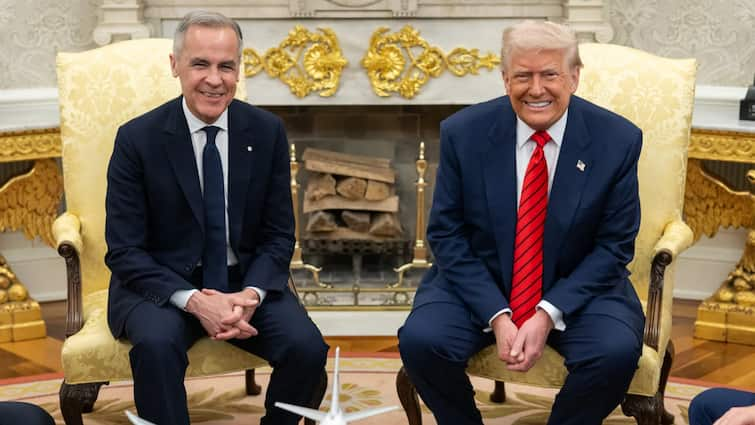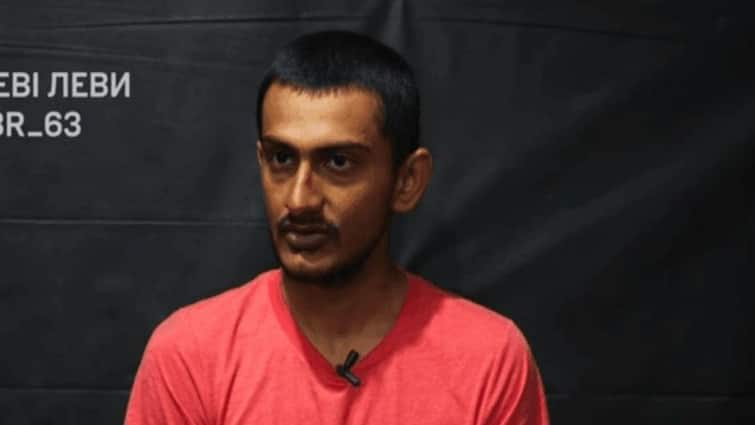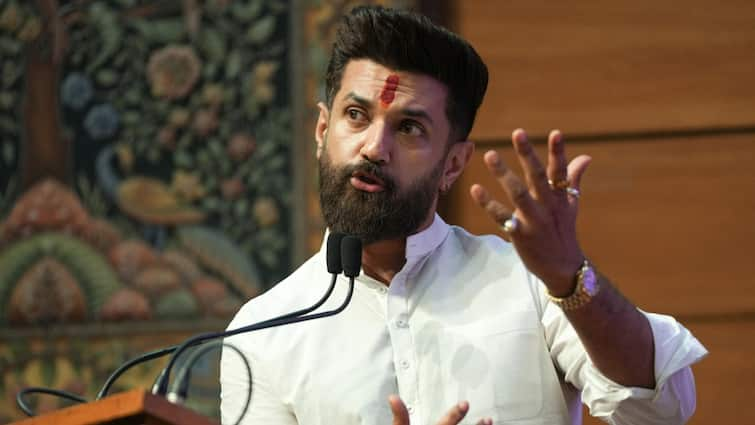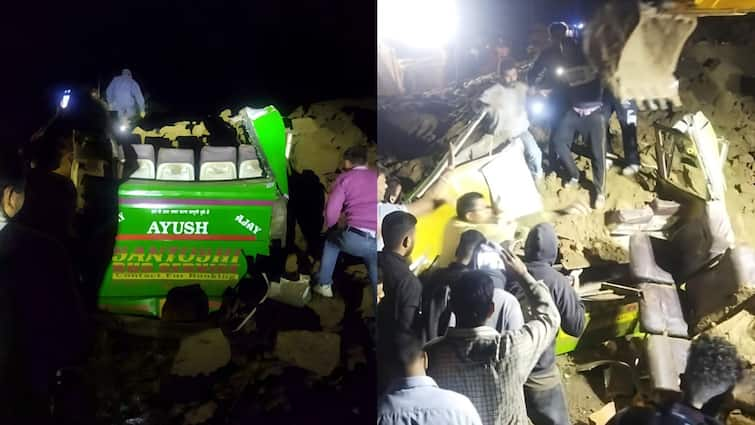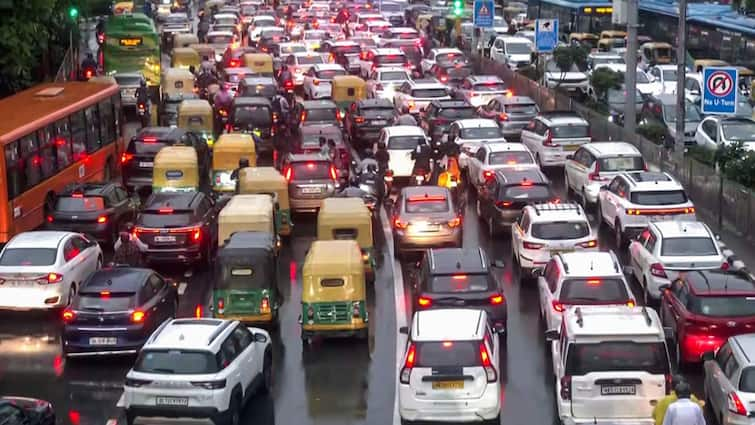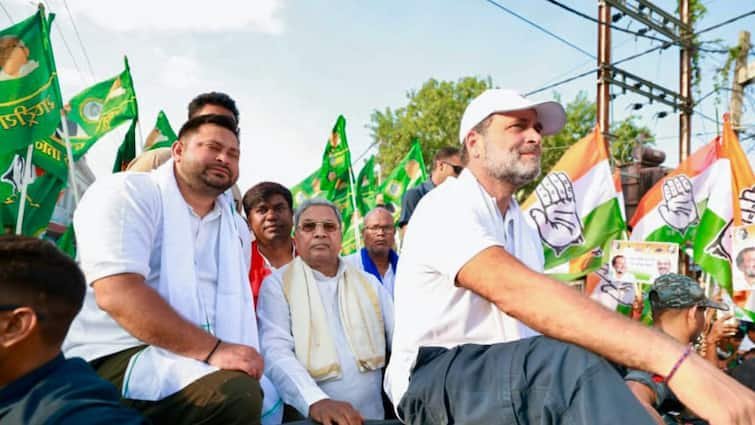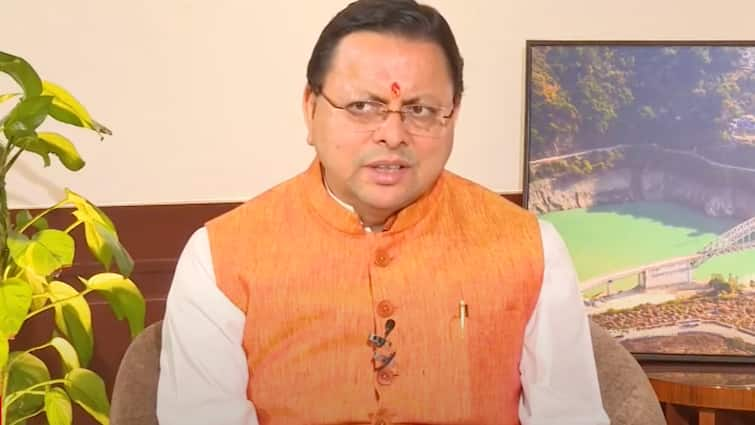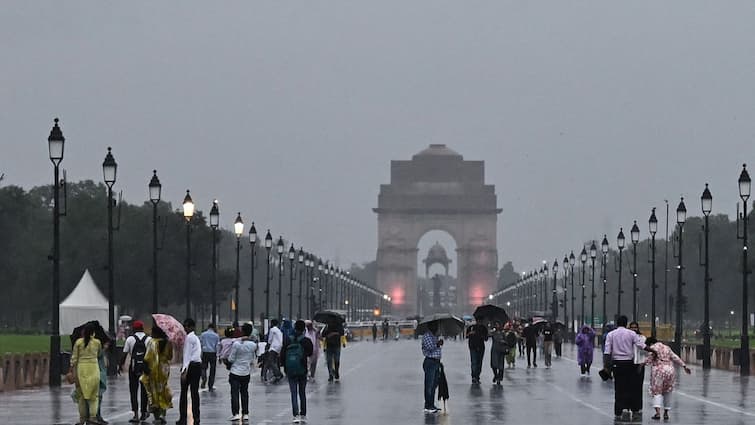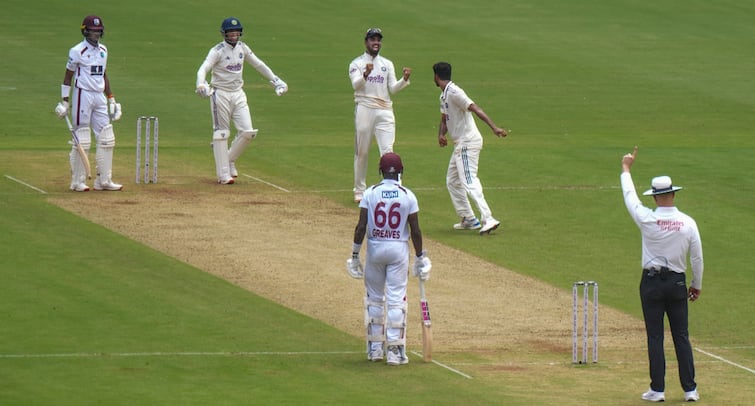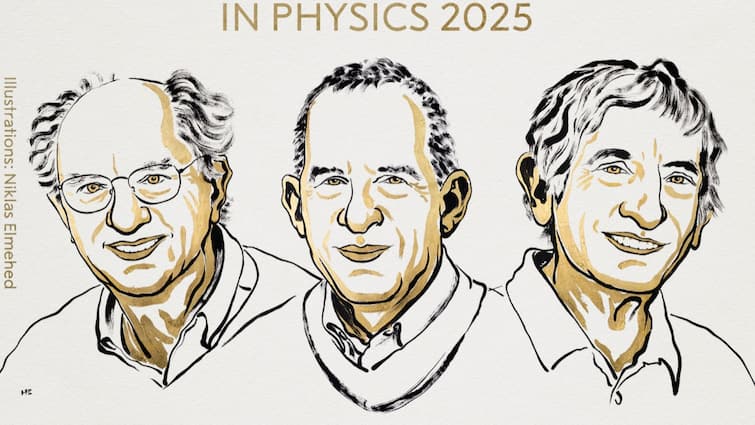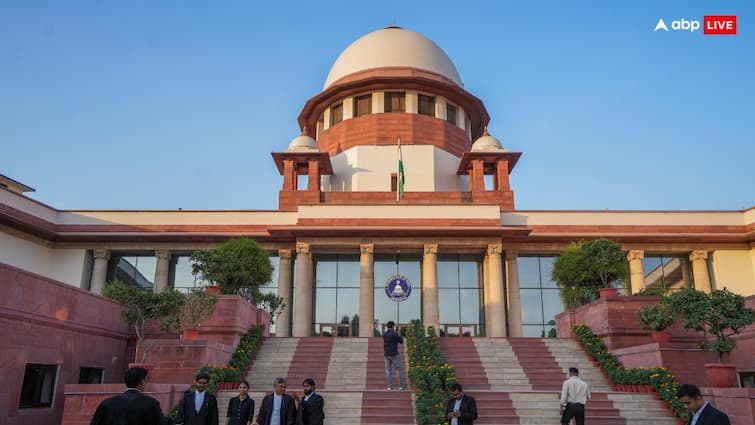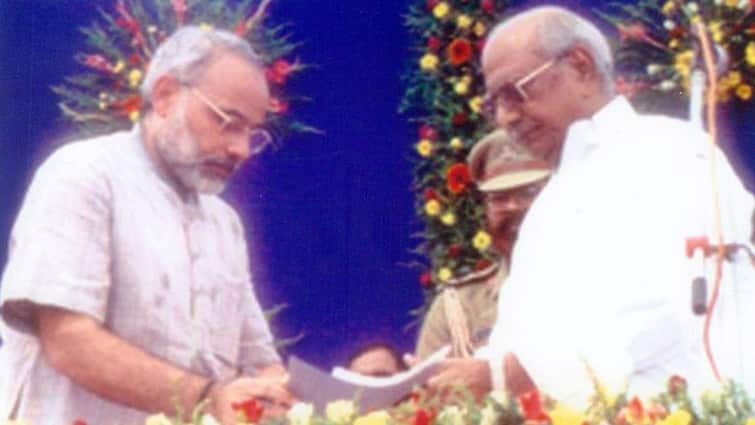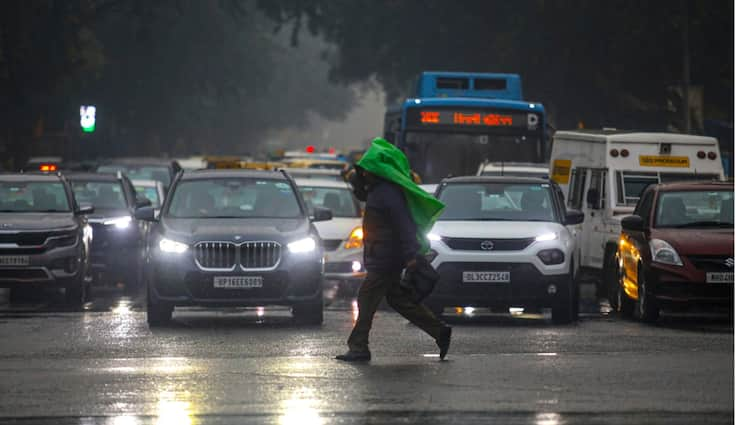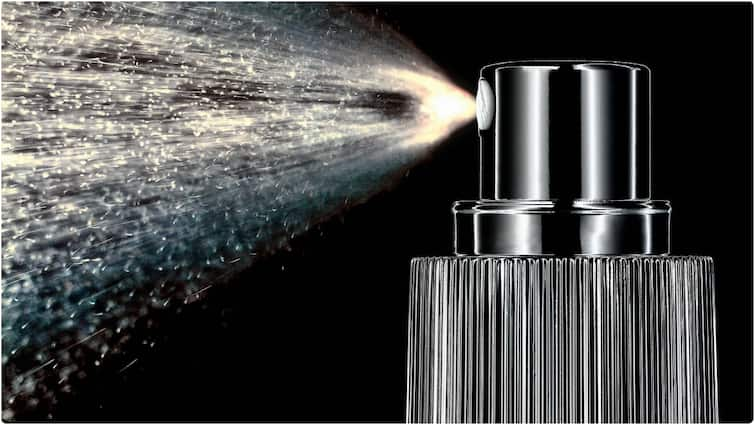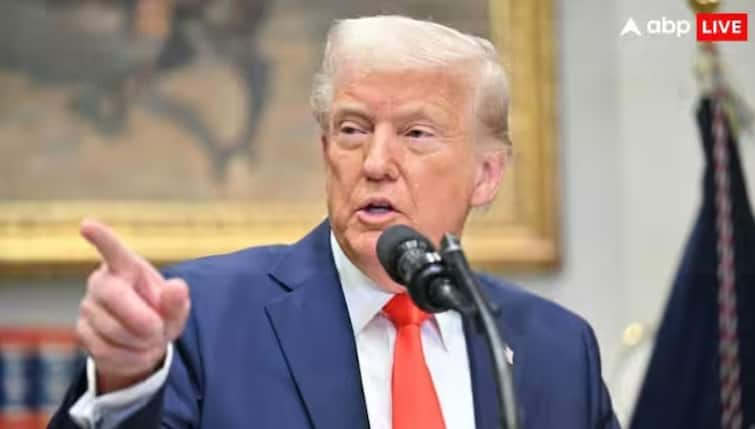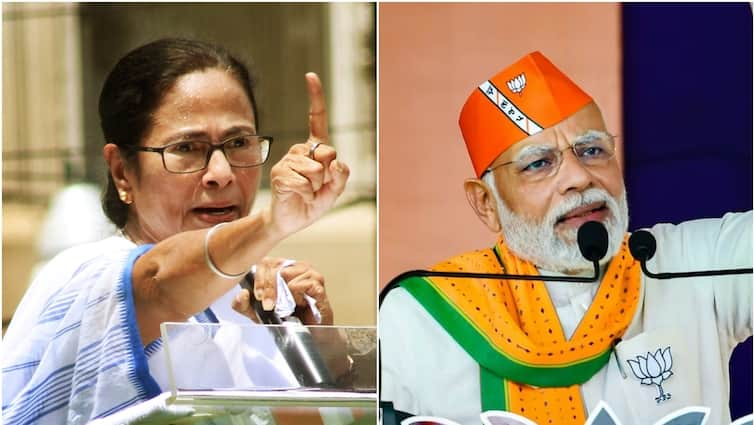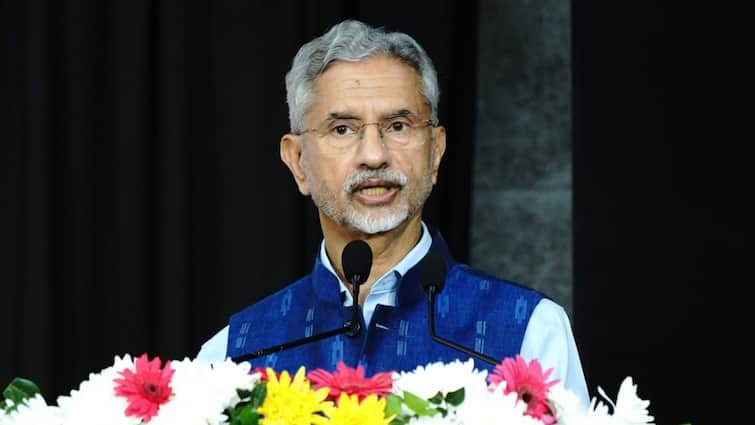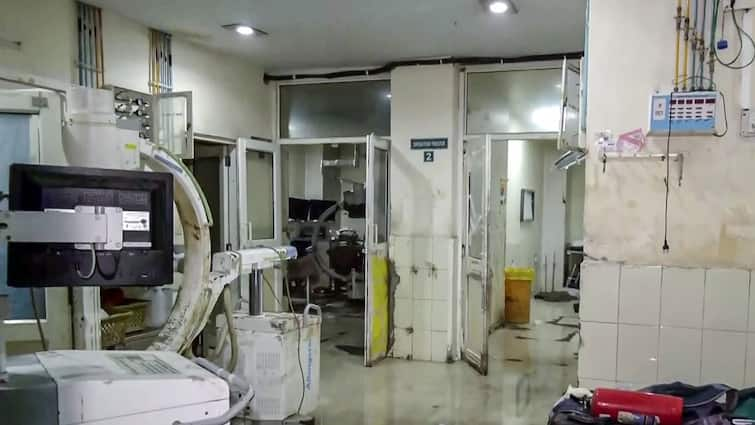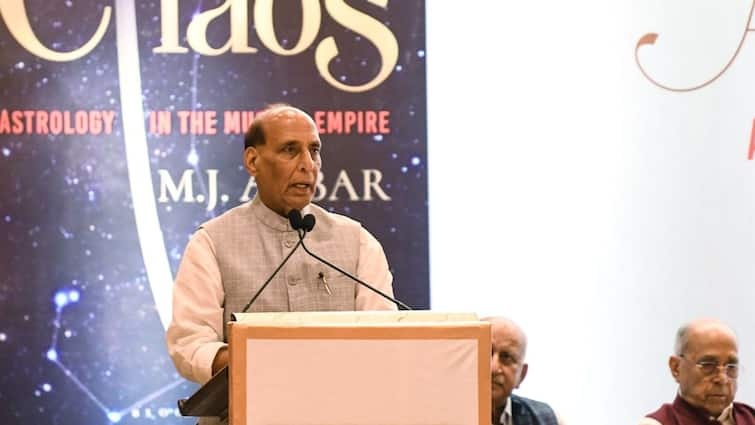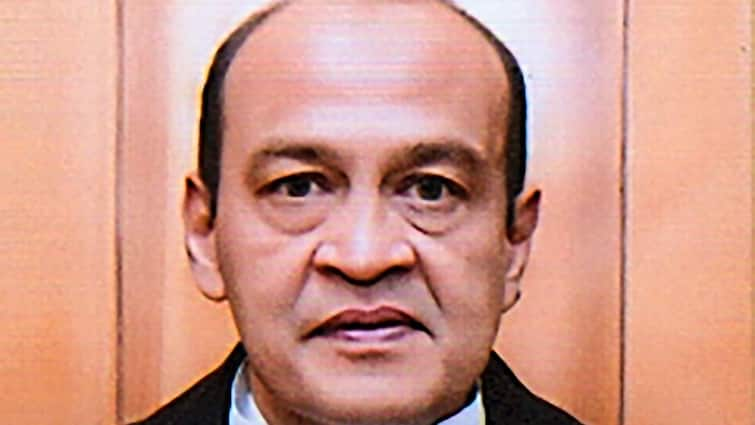
Supreme Court Rejects Justice Yashwant Varma’s Plea, Clears Path for Impeachment Over Cash Scandal
The Supreme Court on Thursday dismissed Justice Yashwant Varma’s challenge to the in-house inquiry committee that recommended his impeachment, paving the way for what could be the first-ever removal of a High Court judge in independent India over misconduct.
The top court declared that the committee, formed under the supervision of then-Chief Justice Sanjiv Kumar, had legal standing and was constitutionally valid. A bench of Justices Dipankar Datta and A.G. Masih called Justice Varma’s petition “not worth entertaining” and made note of his conduct, saying it was “not confidence-inspiring.”
The case stems from a stunning revelation earlier this year: piles of burnt cash discovered in Justice Varma’s official residence in Delhi in March. The discovery triggered shock and outrage, leading to an internal probe and now, formal impeachment proceedings.
Probe Under Constitutional Provisions
With the court’s rejection of his plea, Justice Varma will now face an investigation by Parliament under Articles 124, 217, and 218 of the Constitution. These provisions deal with the removal of judges on grounds of proven misbehaviour or incapacity.
The impeachment process formally began on July 21, the opening day of the current Parliament session, after over 145 MPs, from both opposition and ruling parties, submitted a notice to Lok Sabha Speaker Om Birla seeking a probe into the allegations against the judge.
Justice Varma’s Defence Falls Flat
In his writ petition, Justice Varma, anonymised as ‘XXX’ in court records, presented five key arguments to block the impeachment proceedings.
He challenged the jurisdiction and authority of the in-house committee, claiming it had no constitutional basis to investigate a sitting judge. He also alleged the committee ignored crucial questions that could prove his innocence, denied him a fair hearing, and overstepped legal limits.
Justice Varma further argued that neither the Chief Justice of India nor the Supreme Court holds “power of superintendence” over High Court judges, since their tenure is protected by the Constitution. He contended the recommendation of impeachment amounted to the judiciary “usurping parliamentary authority” by empowering itself to remove judges from constitutionally held office.
However, the court rejected these claims in full, siding with the validity of the in-house procedure and reinforcing the constitutional mechanisms in place for judicial accountability.
If the impeachment is successful, Justice Varma will be the first High Court judge in independent India to be removed from office, marking a watershed moment in the country’s judicial history.
Doonited Affiliated: Syndicate News Hunt
This report has been published as part of an auto-generated syndicated wire feed. Except for the headline, the content has not been modified or edited by Doonited




